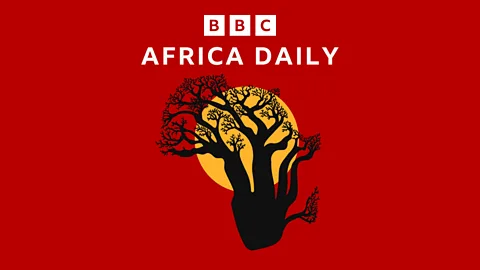
Africa Daily
Africa Daily
What’s the future of nursing in Africa?
May 20, 2025
15 minutes
Available for over a year
Anyone who has spent time in hospital will know just how vital nurses are. They’re often the people we have the most with as they look after our comfort as well as our medical care.
But the role of nurses is expanding. They are taking on more medical responsibilities and are becoming leaders in healthcare.
Alan Kasujja speaks to Khadija Mohamed Juma, a Kenyan nurse who has been revolutionizing blood donation in the country. And also to Naomi Oyoe Ohene Oti, a nurse from Ghana who has been leading the development of oncology nursing in Ghana.
